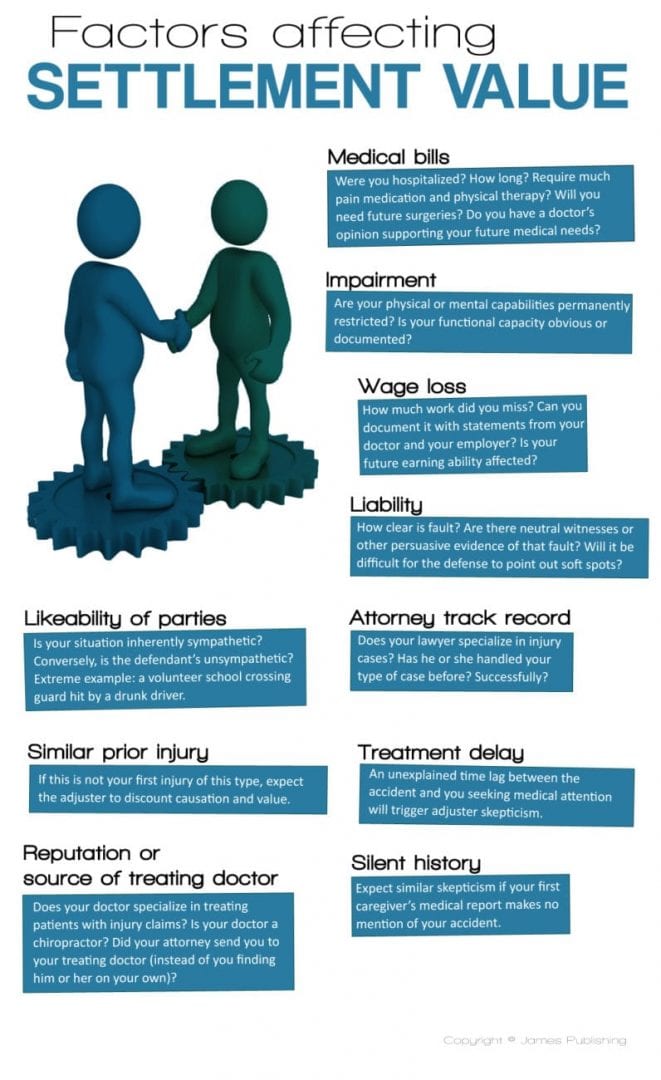Understanding Landlord-Tenant Regulation: An Overview For Real Estate Attorney
Understanding Landlord-Tenant Regulation: An Overview For Real Estate Attorney
Blog Article
Created By-Staal Richmond
When it involves landlord-tenant regulation, recognizing your rights and responsibilities is crucial for both celebrations. You may assume you have a strong understanding on the fundamentals, however there are usually nuances that can catch you off guard. Whether you're a property manager taking care of a residential or commercial property or an occupant looking for a secure home, comprehending the legal landscape can make all the distinction. What might amaze you are the intricacies involved in navigating disagreements and eviction processes.
Recognizing Occupant Rights and Responsibilities
When you rent a building, it's vital to understand your legal rights and duties as a tenant. You have the right to a risk-free and habitable living atmosphere, implying your property owner needs to preserve essential solutions like home heating, pipes, and electrical energy.
supplemental resources entitled to personal privacy; landlords usually require to provide notice prior to entering your device.
On the flip side, you are in charge of paying rental fee in a timely manner, keeping the property clean, and not triggering damage beyond normal wear and tear.
Familiarize yourself with your lease arrangement, as it describes certain policies and responsibilities. Knowing these elements not only shields you yet likewise cultivates a favorable connection with your landlord.
can you use a commercial property as a residence notified, and you'll browse your tenancy better.
Key Property Manager Obligations and Lawful Considerations
While you may recognize your rights as a renter, it's equally vital to comprehend your property manager's obligations.
Landlords need to offer a secure and habitable living atmosphere, making sure that essential systems like home heating, plumbing, and power remain in functioning order. They're additionally in charge of making necessary repair services immediately and sticking to regional building codes.
Furthermore, property owners have to value your privacy by offering appropriate notification before entering your unit, typically 1 day. see it here should handle security deposits according to state laws, including returning them without delay after you leave, minus any lawful reductions.
Comprehending these commitments can help you preserve a favorable partnership with your property owner and guarantee your living circumstance meets lawful criteria.
Navigating Disagreements and Eviction Procedures
Disputes in between property managers and occupants can emerge suddenly, making it important for you to understand the processes associated with resolving them.
First, communication is crucial-- attempt to go over issues straight to locate a compromise. If that stops working, familiarize yourself with your neighborhood laws relating to conflicts and expulsion. Record every little thing: maintain documents of communications, repayments, and any infractions.
If eviction becomes necessary, ensure you comply with the legal steps required in your area, which usually includes supplying created notice and a particular timeframe for resolution.
Be prepared to go to court if the circumstance escalates, as it may be your only option. Understanding these procedures will aid you browse conflicts better and protect your civil liberties as either a property owner or tenant.
Verdict
In summary, recognizing landlord-tenant legislation is crucial for both events associated with a rental arrangement. By understanding your civil liberties and obligations, you can promote a better living atmosphere and avoid disputes. If disagreements emerge, keep in mind that a property legal representative can aid assist you with the intricacies of eviction procedures and lawful responsibilities. Staying informed and aggressive will certainly ensure a smoother rental experience, whether you're a landlord or a tenant.
